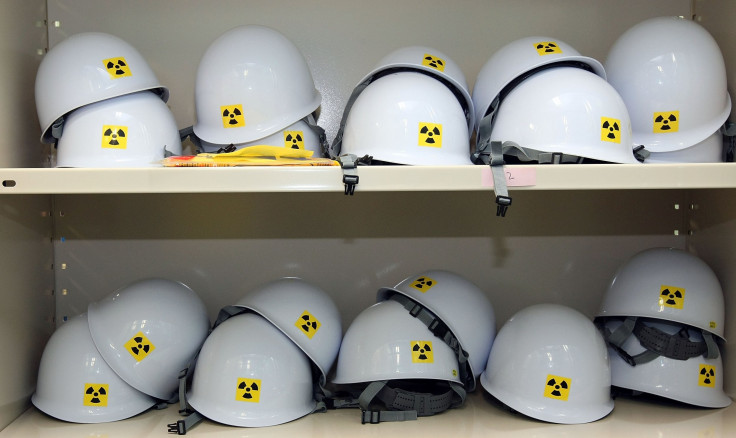British Ships Arrive In Japan To Ferry Plutonium To US

Two British ships arrived at the eastern Japanese coastal village of Tokai Monday to transport nearly 730 pounds of weapons-grade plutonium to a U.S. government site in South Carolina. The plutonium — a tiny portion of nearly 50 tonnes of fissile material that the country owns — was originally supplied by the U.S., U.K. and France for the Japan Atomic Energy Agency’s Fast Critical Assembly project in Tokai Mura.
The agreement to transfer the material to the U.S. was finalized in March 2014. The U.S. Department of Energy, in a statement released at the time, said the move was aimed at preventing “unauthorized actors, criminals, or terrorists” from acquiring fissile materials.
“This material, once securely transported to the United States, will be sent to a secure facility and fully converted into less sensitive forms. The plutonium will be prepared for final disposition,” the Department of Energy said in the statement. “This pledge complements the significant role that both Japan and the United States are playing in finding new ways to continue improving global nuclear security.”
Possession and use of nuclear material is a hot button issue in Japan as it is the only country in the world that has ever been bombed with nuclear weapons. Moreover, since the nuclear meltdown at the Fukushima Daiichi power plant in 2011, triggered by an earthquake and tsunami, all but two of Japan's reactors have been shut down.
“To ensure that Japan can safely and securely further its important work on nuclear research and medical isotope production, the United States will continue to accept research reactor spent fuel from several Japanese facilities that utilize LEU [Low-Enriched Uranium],” the Department of energy said in the statement.
Shipments of plutonium are highly sensitive because the material can be used in advanced nuclear weapons and “dirty bombs.” As a result, both the British ships that are ferrying Japan’s fissile material to the U.S. are heavily armed, the Associated Press reported.
© Copyright IBTimes 2024. All rights reserved.






















